Investigating Neuropathy and Ophthalmic Biomarkers in Alström Syndrome
We are pleased to share an exciting opportunity to take part in a ground-breaking research study led by Professor Tarek Hiwot from Queen Elizabeth Hospital Birmingham and Professor Mitra Tavakoli from the University of Exeter. This study aims to better understand and assess pain and neuropathy in people with Alström Syndrome. We will do this by exploring new ways to measure how the condition is progressing (biomarkers) in the eye (ocular) and the nervous system (neuropathy).
Why is this study important?
Pain and nerve damage (neuropathy) can significantly impact the quality of life for people with Alström Syndrome and other related conditions. We are not sure what causes this. This study will develop new ways to diagnose and assess nerve damage. We hope this will help improve diagnosis and future treatments.
What will taking part involve?
If you choose to take part, you will be invited to attend the Clinical Research Facility at either the Royal Devon and Exeter Hospital or the Queen Elizabeth Hospital Birmingham. You will only need to come for one visit that will last up to two hours. During this visit, we will carry out a series of safe, non-invasive tests including taking some images of your eye. This will help us to examine the structure of the retina and corneal nerves in your eyes.
Who can take part?
We are looking for people diagnosed with Alström Syndrome who are interested in contributing to this important research. Your involvement will provide valuable insights into how neuropathy develops and progresses, helping to improve care for patients now and in the future.
Will I receive any payments for taking part?
You will not receive any payments for taking part but we will reimburse your travel expenses.
How do I get involved?
If you are interested in taking part or would like to find out more, please contact one of the research team members below:
- Professor Mitra Tavakoli
University of Exeter
Email: m.tavakoli@exeter.ac.uk
Phone: 01392 723314
- Professor Tarek Hiwot
Queen Elizabeth Hospital Birmingham
Email: Tarekegn.Geberhiwot@uhb.nhs.uk
Phone: 0121 371 3958
- Dr. Hassan Fadavi
Clinical Research Fellow
Email: h.fadavi@exeter.ac.uk
Phone: 07702619983
We encourage you to discuss this opportunity with your family, friends, or healthcare provider to help you decide. Taking part is entirely voluntary. You can withdraw from the study at any time and this will not affect your care.
Thank you for considering this opportunity to contribute to valuable research in Alström Syndrome. Your involvement can make a real difference!
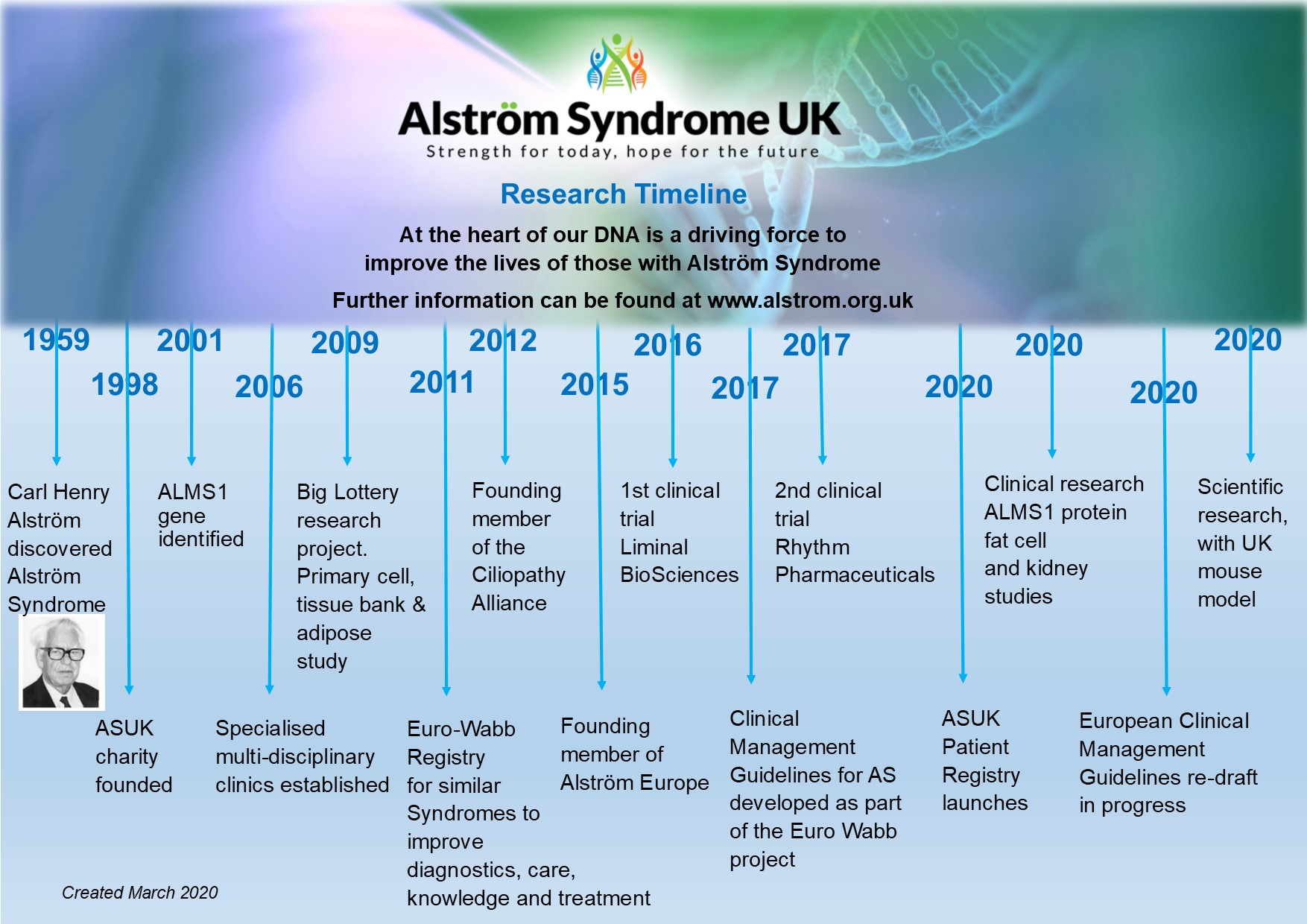

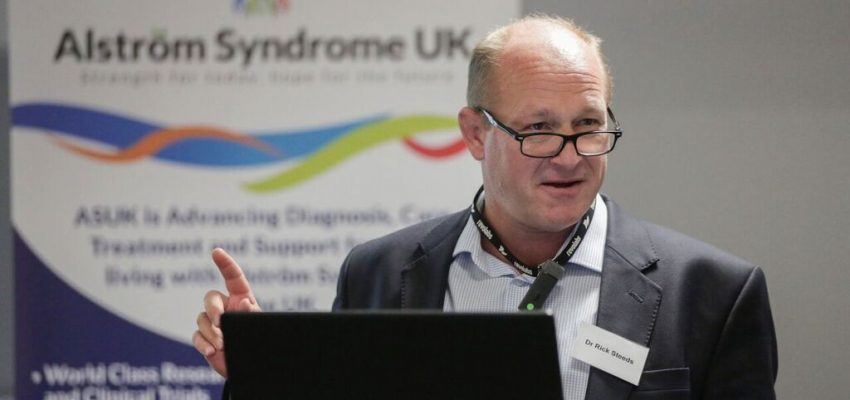
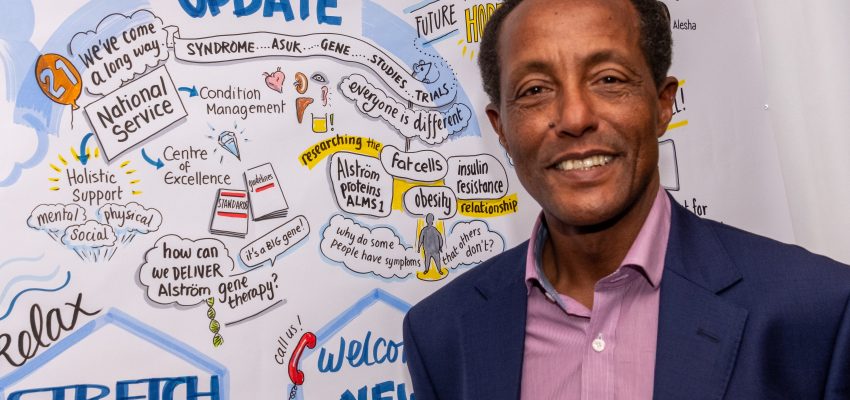
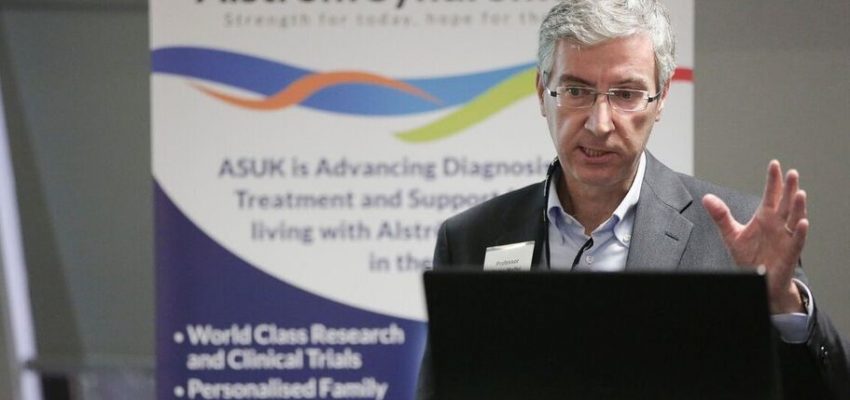
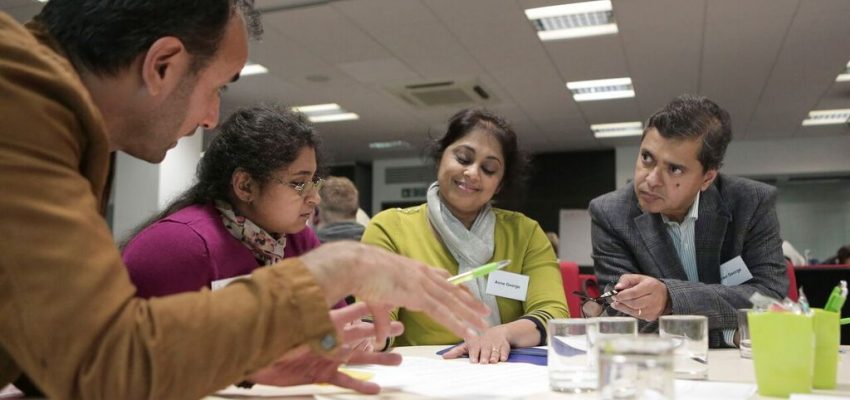

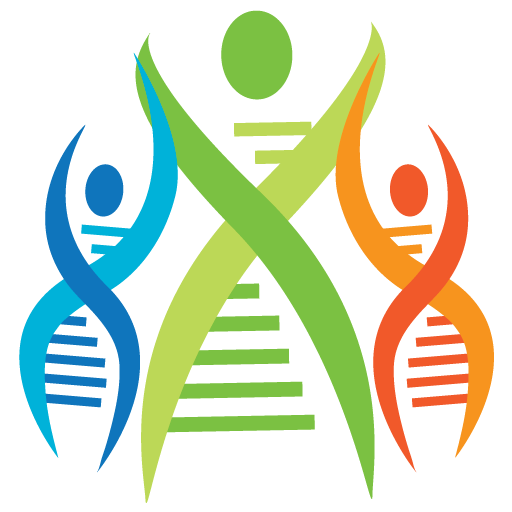 ASUK is pleased to announce that we are working in partnership with the Canadian Pharmaceutical Company ProMetic Bio therapeutics Ltd and the specialist clinical team at the Queen Elizabeth Hospital, Birmingham to support the first clinical trial for people affected by Alström Syndrome in the UK. The primary aim of the trial is to
ASUK is pleased to announce that we are working in partnership with the Canadian Pharmaceutical Company ProMetic Bio therapeutics Ltd and the specialist clinical team at the Queen Elizabeth Hospital, Birmingham to support the first clinical trial for people affected by Alström Syndrome in the UK. The primary aim of the trial is to